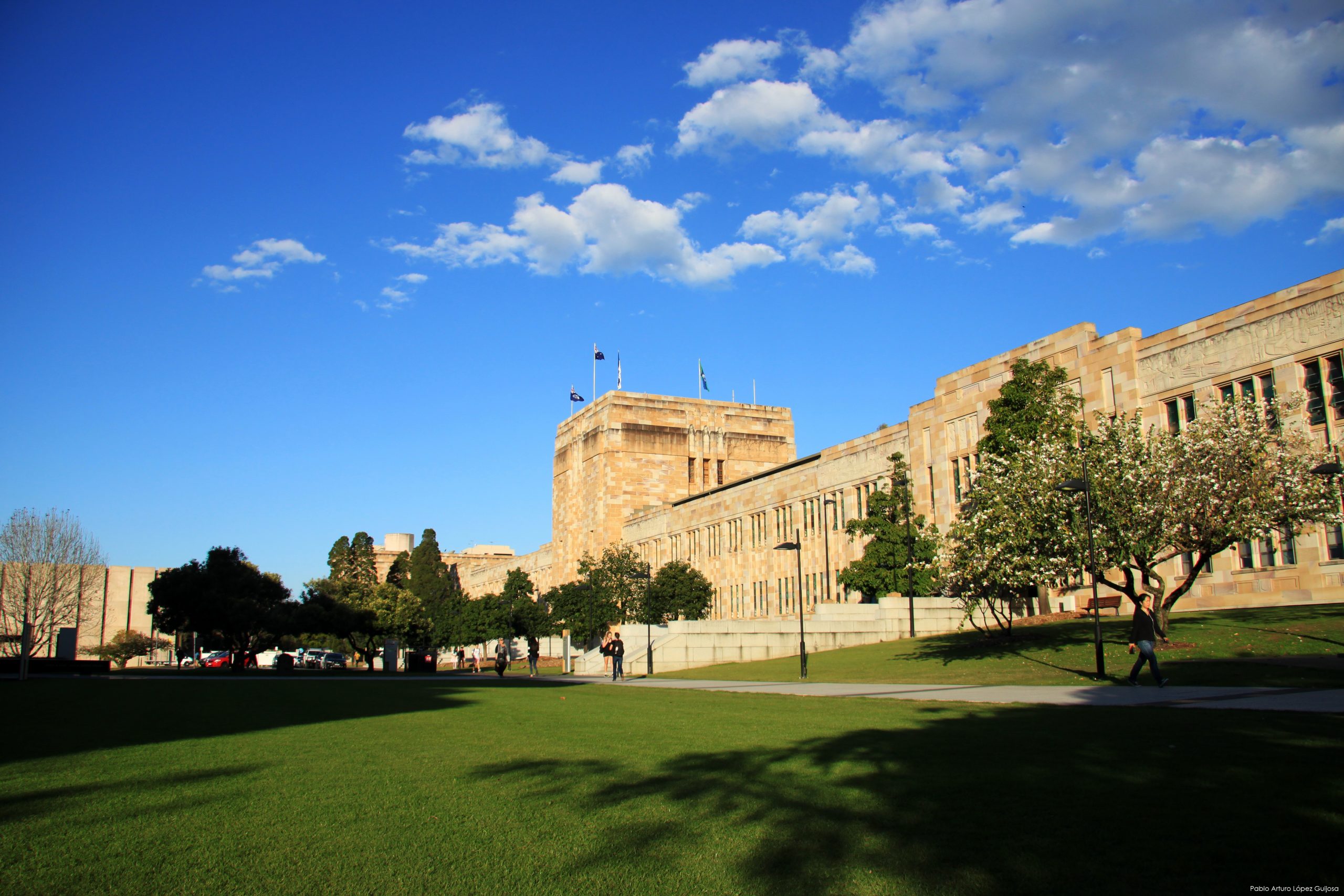Department of Industry, Science and Resources
Tune in to our latest podcast ‘Building a global Quantum Industry: Explaining, Scaling and Standardising Quantum Technologies’ where experts draw upon quantum’s most exciting applications.https://t.co/dFun1MTkDE
— Standards Australia (@standardsaus) November 29, 2023
Evolution of the standards system in Australia is tracking the evolution of the United States standards system administered by the American National Standards Institute. In many economic sectors adherence to Australian Standards is mandated by legislation, however, access to the standards are often cost prohibitive, particularly to small business and sole traders.
Principal petitioner Andrew Gardso, an electrical engineer, states,
“This in essence will force small organisations and sole traders out of business or necessitate services being performed without having access to these standards.”
Access to Standards Australia Construction codes can cost more than $2673 for three years’ access to the National Construction Code set of standards. A petition to the Australian parliament’s House of Representatives seeks free or affordable access to essential standards that govern the safety and consistency of products services and systems, including design and construction.
Survey and Analysis of Current End-User Data Analytics Tool Support
Three ways Artificial Intelligence is transforming agriculture and food
*
Canadian Parliament Debate on Standards Incorporated by Reference
This week, we hosted the @IECStandards #smartcities committee in Sydney. Experts discussed smart tech and #sustainability to tackle #urbanchallenges. Discover more about our efforts to build resilient, sustainable cities: https://t.co/GOjoOBXoc9 pic.twitter.com/gvqvegx4km
— Standards Australia (@standardsaus) February 14, 2025
























